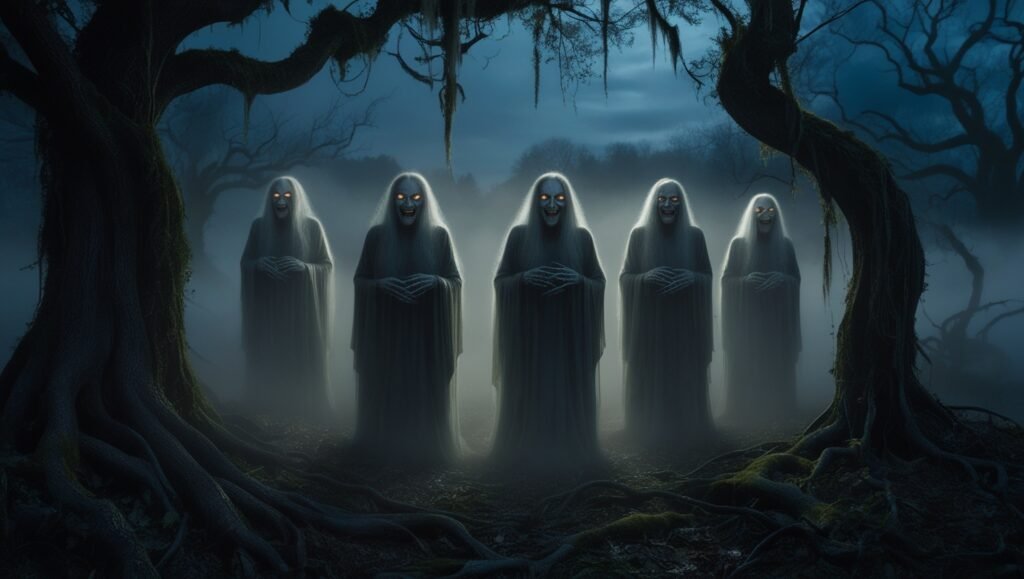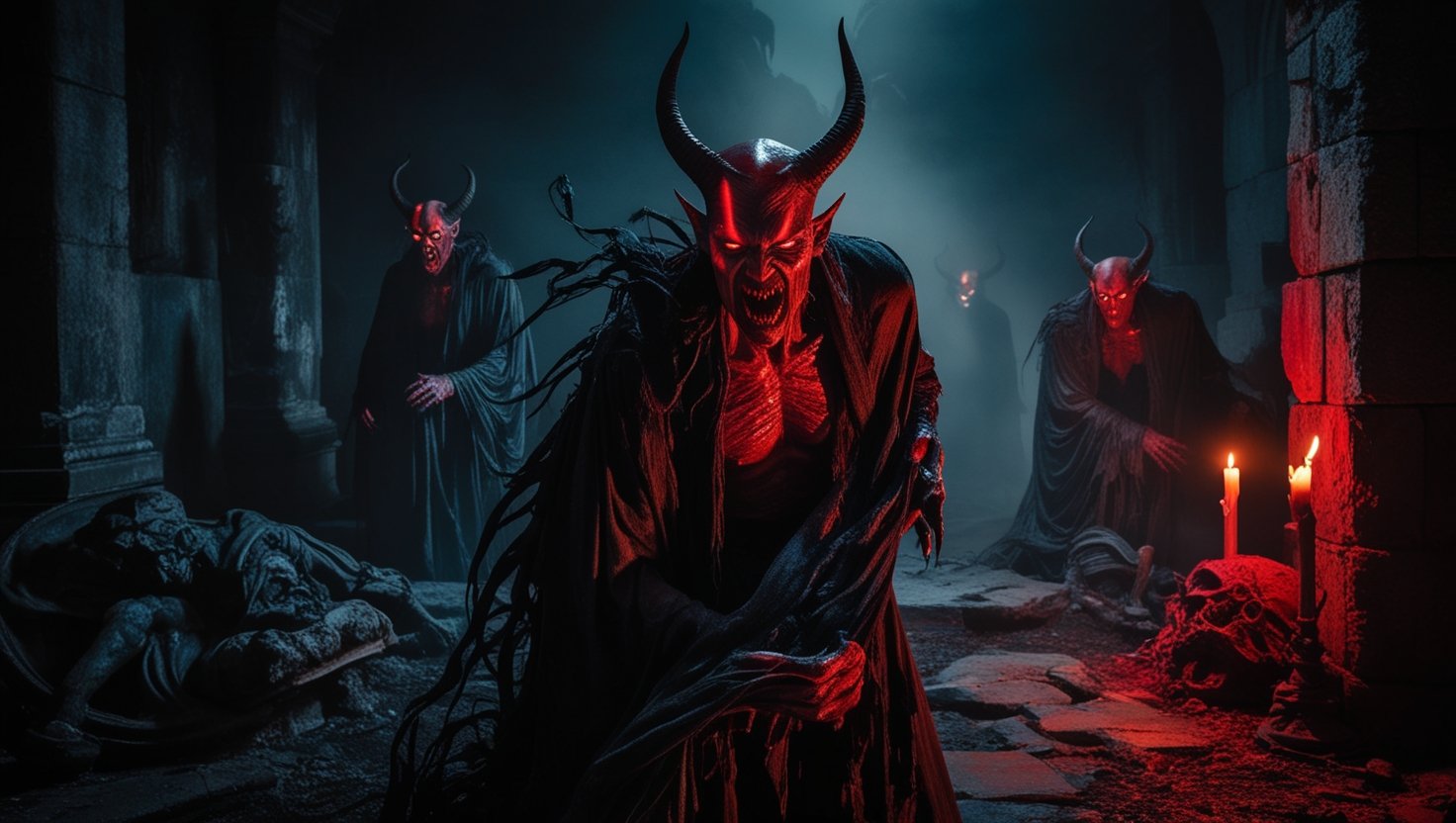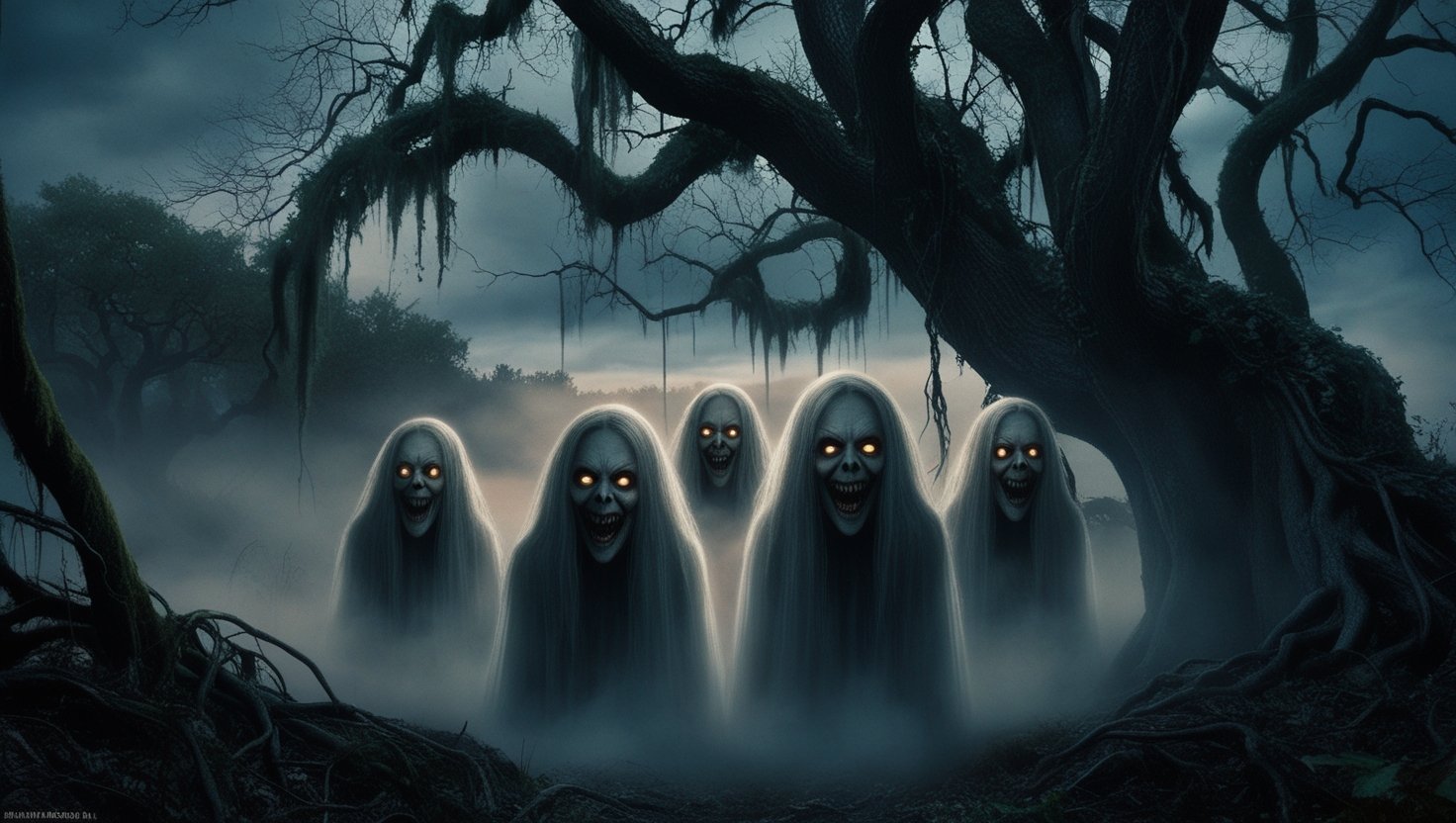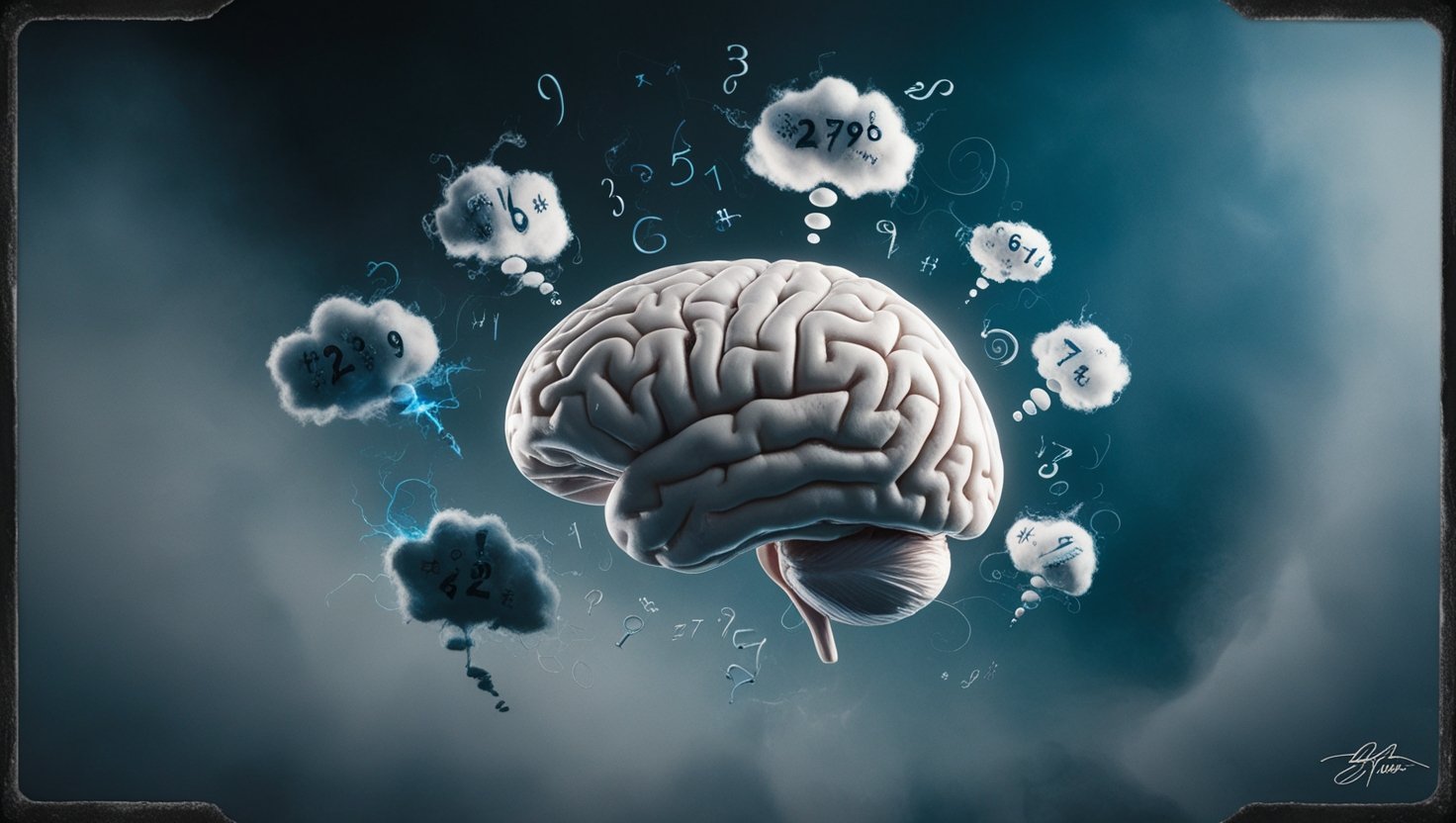In Christian teachings, various terms are used to describe spiritual beings that oppose God and work against His purposes: Satan, the Devil, demons, fallen angels, evil spirits, and Lucifer. While these terms are often used interchangeably, they each have distinct meanings and roles within the spiritual realm. Understanding the differences between these entities can help clarify their nature and how they influence our lives. In this article, we will explore the differences between Satan, the Devil, demons, fallen angels, evil spirits, and Lucifer in simple English, aiming to provide a clearer understanding from a Christian perspective.
Satan and the Devil: Two Names for the Same Being
The terms Satan and the Devil both refer to the same entity—the chief adversary of God and the enemy of humanity.
- Satan is a Hebrew word that means “adversary” or “accuser.” In the Bible, Satan is portrayed as the ultimate opponent of God. He is the one who tempts humans to sin, accuses them before God, and seeks to destroy their faith. Satan is first mentioned in the Book of Genesis, where he appears as a serpent who tempts Eve to eat from the forbidden tree (Genesis 3:1-6).
- The Devil is derived from the Greek word “diabolos,” which means “slanderer” or “accuser.” The term is used to describe the same being as Satan, highlighting his role in accusing and slandering God’s people. In the New Testament, the Devil is depicted as the one who tempts Jesus in the wilderness (Matthew 4:1-11) and is described as a “roaring lion, seeking whom he may devour” (1 Peter 5:8).
In essence, Satan and the Devil are two names for the same evil being, who is the leader of the forces of darkness. He is a fallen angel who rebelled against God and was cast out of heaven. As the chief of demons, Satan orchestrates the activities of other evil spirits to oppose God and His people.

Lucifer: The Fallen Morning Star
Lucifer is another name often associated with Satan, but it has a distinct origin and meaning.
- The name Lucifer comes from the Latin word meaning “light-bringer” or “morning star.” It originally referred to a being of great beauty and status. In Christian theology, Lucifer was an angel of high rank—possibly the highest—who was created perfect in beauty and wisdom. He held a prestigious position among the angels, and his name reflected his radiant nature.
- However, pride led to Lucifer’s downfall. According to Isaiah 14:12-15, Lucifer’s heart became filled with pride because of his beauty and desire to ascend above God’s throne. His ambition to be like God led to his rebellion against the Almighty. As a result, he was cast out of heaven and became Satan, the adversary. Ezekiel 28:12-17 also gives a similar account, describing how Lucifer was in Eden, the garden of God, and was created perfect until iniquity was found in him.
- After his fall, Lucifer’s name became associated with Satan, reflecting his transformation from a bearer of light to a prince of darkness. This dramatic shift highlights the devastating effects of pride and rebellion against God.
In summary, Lucifer is the name used to describe Satan before his fall from grace. It emphasizes his original role as a beautiful, powerful angel who became corrupted by his own ambition and pride. After his rebellion, he became known as Satan, the adversary of God.
Fallen Angels: The Origin of Demons
Fallen angels are angels who once served God but chose to rebel against Him, following Lucifer (Satan) in his rebellion.
- The Bible describes how these angels were originally created by God to serve Him. However, led by Lucifer’s pride and desire to be like God, a portion of the angels rebelled against their Creator. This event is mentioned in passages like Isaiah 14:12-15 and Ezekiel 28:12-17, which describe the fall of Lucifer and his followers. Revelation 12:7-9 further depicts a war in heaven, where Michael and his angels fought against the dragon (Satan) and his angels. The dragon and his angels were defeated and cast out of heaven to earth.
- These fallen angels, who joined Lucifer in his rebellion, were expelled from heaven and lost their original positions and privileges. They became corrupt and wicked, aligning themselves with Satan’s goals of opposing God and deceiving humanity.
Demons: Evil Spirits Aligned with Satan
Demons are often considered synonymous with evil spirits. They are the fallen angels who followed Satan in his rebellion against God and were cast out of heaven.
- Demons are spiritual beings that are now in league with Satan. They seek to harm, deceive, and lead people away from God. The New Testament provides multiple accounts of demonic activity, including the possession of individuals, causing illness, and spreading lies. Jesus frequently encountered demons and cast them out, demonstrating His authority over them (Mark 5:1-20, Luke 8:26-39).
- Demons are not omnipotent or omniscient; they do not possess the same power or knowledge as God. However, they are cunning and use various strategies to tempt, deceive, and manipulate people. Demons often operate by influencing thoughts, planting lies, and creating situations that lead individuals away from God’s truth.
Evil Spirits: Another Term for Demons
The term evil spirits is essentially another term for demons. It emphasizes their nature and the influence they have over individuals and circumstances.
- Evil spirits are described as beings that are hostile to God and humanity. They work under the leadership of Satan to spread evil and chaos. In the Bible, evil spirits are mentioned in the context of possession and oppression, where they exert control over individuals or cause them to act in destructive ways.
- The term “evil spirits” is often used to highlight the wicked nature of these beings and their intent to harm. They are considered evil because they oppose all that is good and holy. In Acts 19:15-16, we read about evil spirits recognizing Jesus and even acknowledging Paul’s authority as a follower of Christ, which shows their awareness of divine power and their own limited capabilities.
Key Differences: A Summary
- Satan/The Devil: The same being, known as the chief adversary of God, who leads the forces of darkness. Satan is a fallen angel who rebelled against God and became the leader of all demons.
- Lucifer: The original name of Satan before his fall. Lucifer was a high-ranking angel known as the “light-bringer” who became proud and sought to overthrow God. After his rebellion, he became Satan, the adversary.
- Fallen Angels: Originally created by God as good angels, they chose to rebel against Him, following Lucifer. As a result, they were cast out of heaven and became corrupted.
- Demons: Often synonymous with fallen angels, these are the beings that serve under Satan. They actively work to deceive, tempt, and harm humans, leading them away from God.
- Evil Spirits: Another term for demons, emphasizing their malevolent nature and intent to cause harm and chaos in the spiritual and physical realms.
So, understanding the differences between Satan, the Devil, Lucifer, demons, fallen angels, and evil spirits helps us recognize the spiritual battle that takes place around us. While these entities may seem daunting, the Bible reassures us that God is far more powerful than any force of darkness. As believers, we are encouraged to put on the full armor of God (Ephesians 6:11-18) and trust in His strength to stand firm against the enemy’s schemes. With faith, prayer, and a solid understanding of God’s Word, we can remain vigilant and resist the influence of these evil forces in our lives.
Read More





















It’s fantastic that you are getting iddeas from this article as well as from our
discussion made here. http://boyarka-inform.com/